As a board game fan and a voracious reader, I have read many books about the history of board games. What I have found, though, is that most of these books are older titles that are heavy on words and sparse on illustrations. At best, some will have hand-drawn diagrams giving the reader an idea of the board and pieces. Rarer still are books that do justice to the depth of game play behind these classic games.
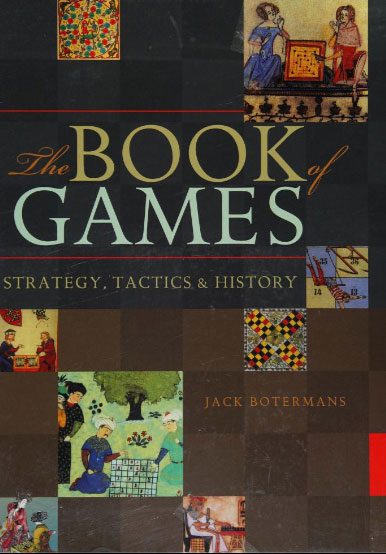
Jack Botermans’ The Book of Games: Strategy, Tactics & History (Sterling Publishing, 2008) does all of this and more. An oversized, coffee table-style book, this is a richly illustrated history that draws on vintage game boards, box art, clear examples of gameplay, old photographs, paintings, and drawings to bring the games to life.
Each of the 50 games covered is given a brief history, followed by the rules of the game.
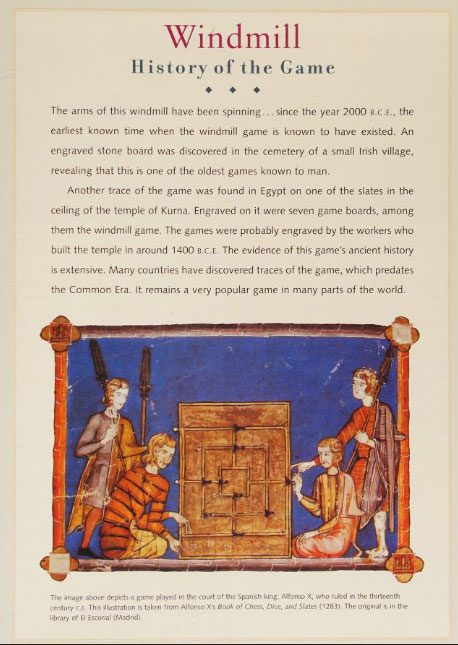
Botermans then provides an idea of what your first full game might look like. In this section, game play is divided into logical phases with separate blocks of text devoted to Strategy Tips, Curious Facts, and Variations interspersed within the text.
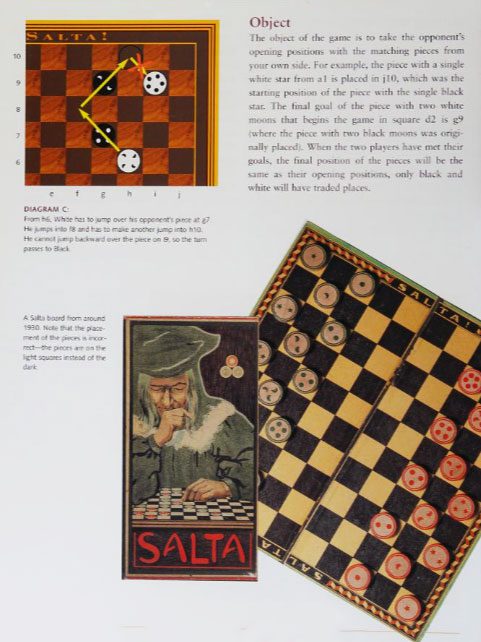
You need only read through some chapters devoted to commonly known games—Checkers, Snakes and Ladders, and Chinese Checkers, for example—to get an appreciation for the detail and the seriousness that Botermans takes in his analyses.
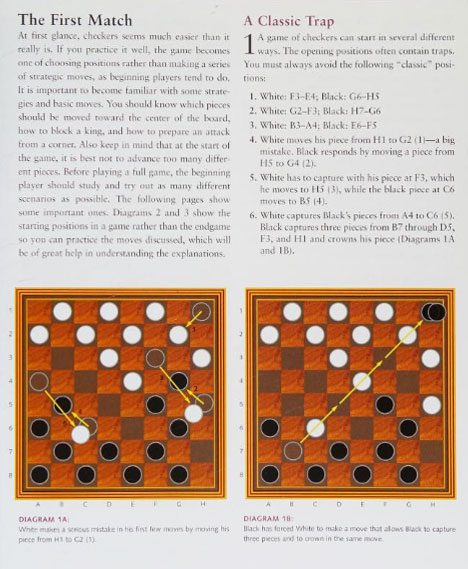
His lengthy chapters on Go, Shogi, and Rithmomachia not only provide a fine overview of these complex games, but will leave the reader with more than just a basic idea of how to play them.
My one criticism of the book is with its strong emphasis on board games, I don’t understand his decision to include games of chance such as Craps and Poker. His chapter on Tangram, a ‘game’ the author describes as a puzzle, is equally, well, puzzling.
Botermans’ The Book of Games is well worth hunting down. (It is available for a one-hour loan from the Internet Archive.) For fans of Abstract Strategy games, many of the games he writes about which have sadly fallen out of historical favor are well worth reviving. For those simply interested in a history and analysis of older games, this collection is one of the finest I’ve seen.



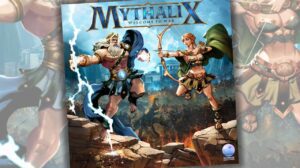

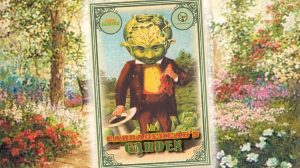





Add Comment